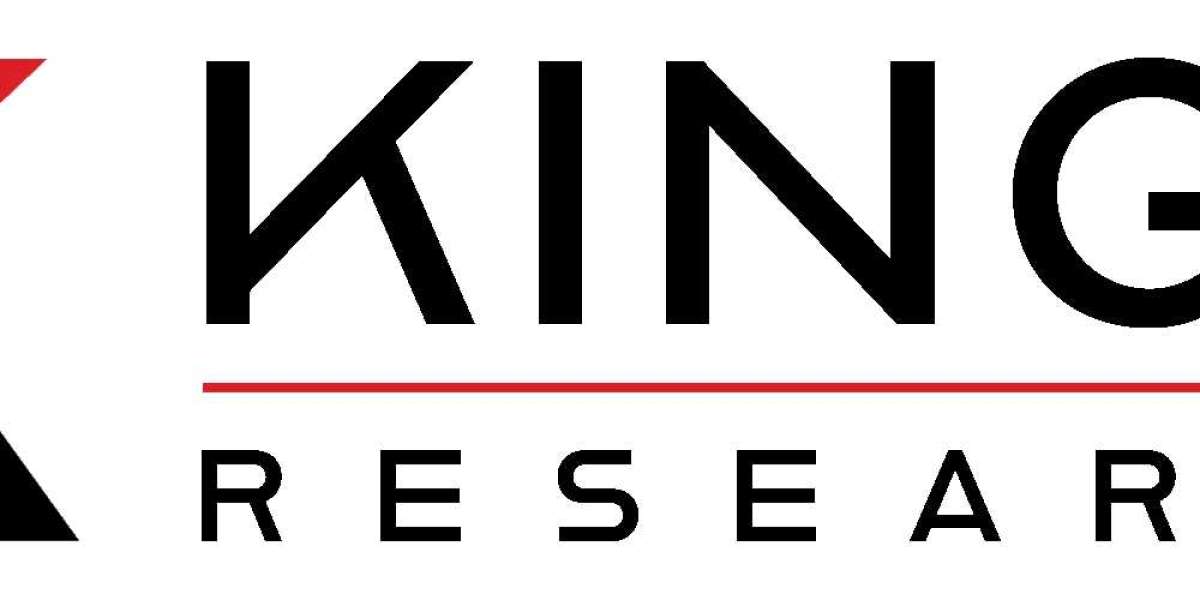In the digital era, personalized ticket pricing has emerged as a transformative strategy within the tourism and hospitality sectors. By leveraging data analytics and artificial intelligence, businesses can tailor prices based on individual consumer behaviors, preferences, and purchasing histories. While this approach offers opportunities for revenue optimization and enhanced customer experiences, it also raises significant ethical concerns regarding fairness, privacy, and transparency. ZEPResearch, in Ticket Pricing collaboration with the International Conference on Sustainable Tourism and Hospitality Management (ICSTHM), seeks to explore these dimensions, fostering a dialogue between academia and industry to navigate the complexities of personalized pricing.
The Evolution of Personalized Pricing
Personalized pricing, also known as dynamic or differential pricing, involves adjusting prices for goods or services based on individual consumer data. In the context of ticketing for events, travel, and hospitality services, this strategy allows businesses to optimize pricing in real-time, considering factors such as demand fluctuations, booking time, and customer loyalty. For instance, airlines and hotels often employ algorithms that modify prices based on booking patterns and customer profiles, aiming to maximize occupancy and revenue.
The advent of big data and machine learning has significantly enhanced the capabilities of personalized pricing. Companies can now analyze vast datasets to predict consumer behavior, enabling more precise and individualized pricing strategies. This technological advancement has made personalized pricing a prevalent practice across various sectors, including tourism, hospitality, and event management.arXiv
Benefits of Personalized Ticket Pricing
Revenue Optimization: By aligning prices with consumers' willingness to pay, businesses can maximize revenue, ensuring that seats or rooms are sold at the most profitable rates.arXiv
Enhanced Customer Experience: Personalized pricing can offer tailored deals and discounts to consumers, improving satisfaction and fostering loyalty.
Efficient Resource Allocation: Dynamic pricing helps in managing demand and supply effectively, reducing instances of overbooking or underutilization.
Market Competitiveness: Businesses employing personalized pricing can respond swiftly to market changes, maintaining a competitive edge.
Ethical Considerations
Despite its advantages, personalized ticket pricing raises several ethical issues that warrant careful examination:
Privacy Concerns: The collection and analysis of personal data for pricing decisions can infringe on consumer privacy. Consumers may be unaware of the extent to which their data is used, leading to discomfort and mistrust. According to a report by Investopedia, surveillance pricing—where prices are adjusted based on individual consumer data—can erode pricing transparency and undermine market trust. WSJJacobin+3Investopedia+3MarketWatch+3
Fairness and Discrimination: Personalized pricing can lead to discriminatory practices, where consumers are charged different prices for the same service without a clear justification. This can disproportionately affect vulnerable groups, exacerbating social inequalities. FasterCapital
Transparency and Consent: Lack of transparency in pricing algorithms and the absence of informed consent from consumers can lead to ethical dilemmas. Consumers may feel exploited if they perceive that pricing is manipulative or opaque.
Regulatory Challenges: The rapid advancement of personalized pricing technologies has outpaced regulatory frameworks, creating a gap in consumer protection. The Federal Trade Commission (FTC) has initiated investigations into how companies use consumer data for pricing, highlighting the need for updated regulations. MarketWatch+2WSJ+2POLITICO+2
ZEPResearch's Role in Addressing Ethical Challenges
ZEPResearch, through its collaboration with ICSTHM, aims to bridge the gap between academic research and industry practices in the realm of personalized pricing. By fostering interdisciplinary research and dialogue, ZEPResearch seeks to develop ethical guidelines and best practices that ensure fairness and transparency in pricing strategies.
Key initiatives include:
Research and Publications: Conducting studies on the impact of personalized pricing on consumer behavior and societal equity.
Conferences and Workshops: Organizing events that bring together scholars, industry professionals, and policymakers to discuss ethical considerations and regulatory approaches.
Policy Development: Collaborating with regulatory bodies to inform the creation of policies that protect consumer rights while allowing for innovation in pricing strategies.
Recommendations for Ethical Personalized Pricing
To navigate the ethical complexities of personalized ticket pricing, businesses and policymakers should consider the following recommendations:
Transparency: Clearly communicate pricing strategies to consumers, ensuring they understand how prices are determined.
Informed Consent: Obtain explicit consent from consumers for the collection and use of their data in pricing decisions.WSJ+1FasterCapital+1
Fairness Audits: Regularly assess pricing algorithms for biases and discriminatory outcomes, implementing corrective measures as needed.FasterCapital
Regulatory Compliance: Stay abreast of evolving regulations related to data privacy and pricing practices, ensuring adherence to legal standards.
Consumer Education: Educate consumers about personalized pricing, empowering them to make informed decisions and understand their rights.
Conclusion
Personalized ticket pricing represents a significant advancement in the digital economy, offering benefits for both businesses and consumers. However, it also presents ethical challenges that must be addressed to maintain trust and equity in the marketplace. Through research, dialogue, and collaboration, initiatives like ZEPResearch and ICSTHM play a crucial role in guiding the development of ethical personalized pricing strategies that balance innovation with consumer protection.








